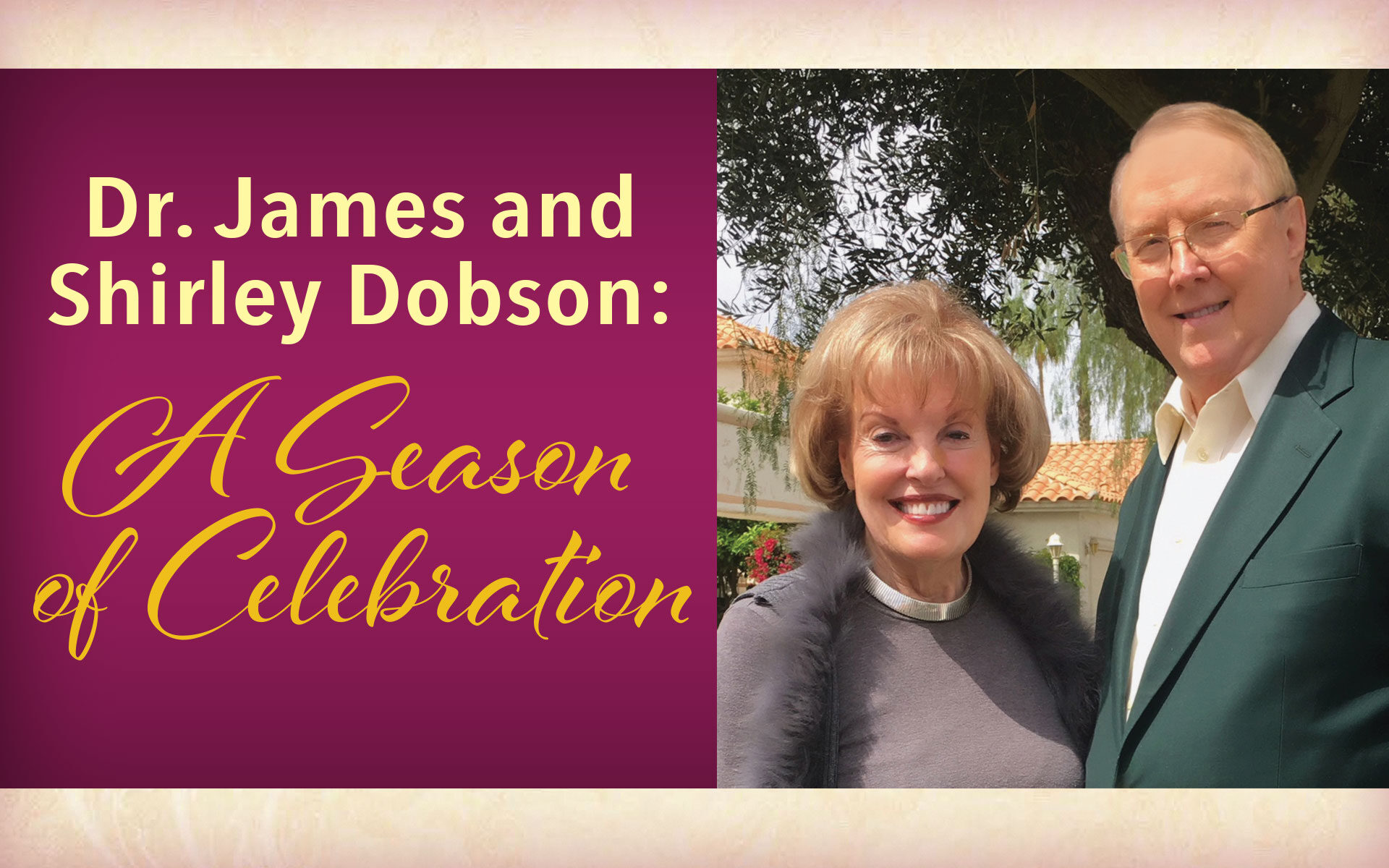What kind of marriage do you have? One filled with life stressors? Are you so different you wonder if you should be together? Always conflictual? Or disconnected living parallel lives?
We all marry with the hopes of carving out a good life with our spouse. We don't envision being unhappy in our marriage. Yet, at one time or another, for whatever reasons, all couples will go through hardships in their life and marriage. For some couples, marriage is a bumpy road from the start. For others, the disintegration of happiness happens over time. But all, at some point, will journey through the hills and valleys of marriage. The key is to recognize the kind of marriage you have so to take the necessary steps to make changes. Carve out a good life and grow old…still in love!
1. A Marriage Filled with Difficult Life Struggles:
These marriages are filled with life struggles that place stress and strain on the marriage. Life stressors include job loss, miscarriage, death of a parent, financial strain, declining health, or a child with mental illness. The pressure of life circumstances adds stress to each person, often leaving them drained, depressed, irritated and often with little emotional resources for the marriage. When this happens a couple can become so overwhelmed with life that their cup is too empty to give much to each other.
2. A Marriage Filled with Differences:
These are marriages where couples say they are polar opposites. Maybe they have different personalities, or different lifestyle rhythms, but they have differing opinions regarding how something is done, how the kids should be disciplined, how the dishwasher should be loaded or how money should (or not) be spent. These couples often wonder whether or not they should be together if they are so different. As a couple becomes stuck in a negative cycle of disconnect, they can begin to focus more on their differences and begin to tell a negative story about their relationship.
3. A Marriage Filled with Disagreements:
These marriages are filled with conflict. Each have a short fuse and are quick to disagree with their spouse and defend their own view. They find themselves stuck in a negative cycle of relating. Each conversation seems to end up in an argument. One seemingly criticizes, the other defends, neither are heard or understood. The issue doesn't get resolved; instead hurt feelings and resentment builds. This is a very common experience and a common place all couples can find themselves.
4. An Emotionally Disconnected Marriage:
Couples in these marriages have slowly drifted apart and now are emotionally disconnected, living parallel lives. Often unresolved issues have accumulated and each spouse has closed off their hearts to protect from pain. For some couples, the busy season of life with crazy schedules and work demands leaves little time for the marriage. And even though they live under the same roof, they are more like roommates than lovers.
How to Grow Your Marriage
I have learned, as a marriage and family counselor, from the over 700 Safe Haven Couple Intensives I have conducted during the past 20 years or so, that most couples are still in love. They long to face life's difficulties together, deal with differences as a team, stop the destructive argument cycle, heal the hurts and once again be close. Couples want to know how to stay together. They just don't know how. Here are a few suggestions to encourage you on your marriage journey. (Remember, if you can't unravel the painful knots in your marriage on your own, find a coach, counselor or good marriage intensive. Your marriage is worth it!)
1. All couples will face a difficult life stressor at some point.
The key is to face the stressor together, as a team, as an 'us.' What destroys a marriage is when a couple turns the battle on each other. When a life stressor is emotionally or physically demanding, such as a sick child, it releases stress hormones, such as cortisol, causing both spouses to be prone to become irritable, easily angered, depressed, have fuzzy memories and difficulty sleeping. It's important to address the issue at hand and get the appropriate support that is needed for any stressor you are facing. Additionally, healthy lifestyle, rest and the support of friends are of vital importance during these seasons.
2. Most couples are different.
John Gottman's research on what makes for a good marriage, shows that 69% of what a couple argues about won't be resolved as their differences are based upon lifestyle preferences and personality differences that don't change. It's how a couple argues when these differences arise that matters. Knowing this, stop the tug-of-war fight over my-way-is-best versus no-my-way-is-best. Come to the table to find another way, the 'US' way. That's right. Ask yourselves, 'what is in the best interest of 'us?' That means, 'you are just as important as I am, and in the best interest of our marriage and family it is best we fold together both our views.' With this kind of teamwork attitude, you will be able to come up with an 'us' solution, an 'us' way of doing things.
3. Repair your emotional disconnection—your marriage depends upon it!
Key to the happiness and longevity of your marriage is whether or not you and your spouse are emotionally connected. The tender connection between you and your spouse is a sacred space. If this space becomes unsafe or always conflictual, neither of you will want to be there. It takes hard work to make this space a 'safe haven,' a space where you both want to hang-out. Rebuilding your 'safe haven' will require each of you to be kind, loving, forgiving, and respectful. And you might need to heal hurts in order to rebuild trust and safety, and find your way back to each other.
4. Hold On! Have Hope! Offer Grace!
It might be hard to understand, but your spouse wants to get along with you, just as much as you want to get along with him/her. Your spouse also wants a happy life. We often forget that. The way you and your spouse argue has hurt you both and your failure to repair the hurts has left you both guarded and disconnected. And more than likely, you are both trying to find your way back.
In light of this, choose to be kind to your spouse, to offer grace, and suggest starting a journey of repairing. Remember, even the best of couples face difficult pressures from life, have different personalities, and sometimes drift apart when issues aren't resolved. The key is to come together, offer grace, heal hurts and find your way back to each other, your safe haven.
A good marriage is made. It takes time, effort and the promise to work things out no matter what.
IMPORTANT NOTE:
There is also the Emotionally Destructive Marriage. Some couples live in secrecy and silence about the deep emotionally destructive relational patterns in their marriage. Every interaction feels like a paper cut to the heart, and after years, the safety and security of the marriage disintegrates. Sometimes one spouse is, or both spouses together are, emotionally destructive in the way they manage their emotions, insecurities, hurts or expressing their needs. The marriage is filled with negative ways of relating such as, manipulation, coercion, threatening, demeaning, belittling, controlling and such. If you think you are in such a marriage, we encourage you to reach out for help right away. Life is too short and you are too valuable to God to struggle alone in such a marriage. There is no godly honor in silently living in an emotionally destructive, and maybe abusive, marriage when there is help out there. Even if your spouse won't go, get good help for yourself. We will constantly remind you to risk to reach for help when your marriage hurts, just as we'd encourage you to reach for a medical doctor when your body aches. This is wisdom.












